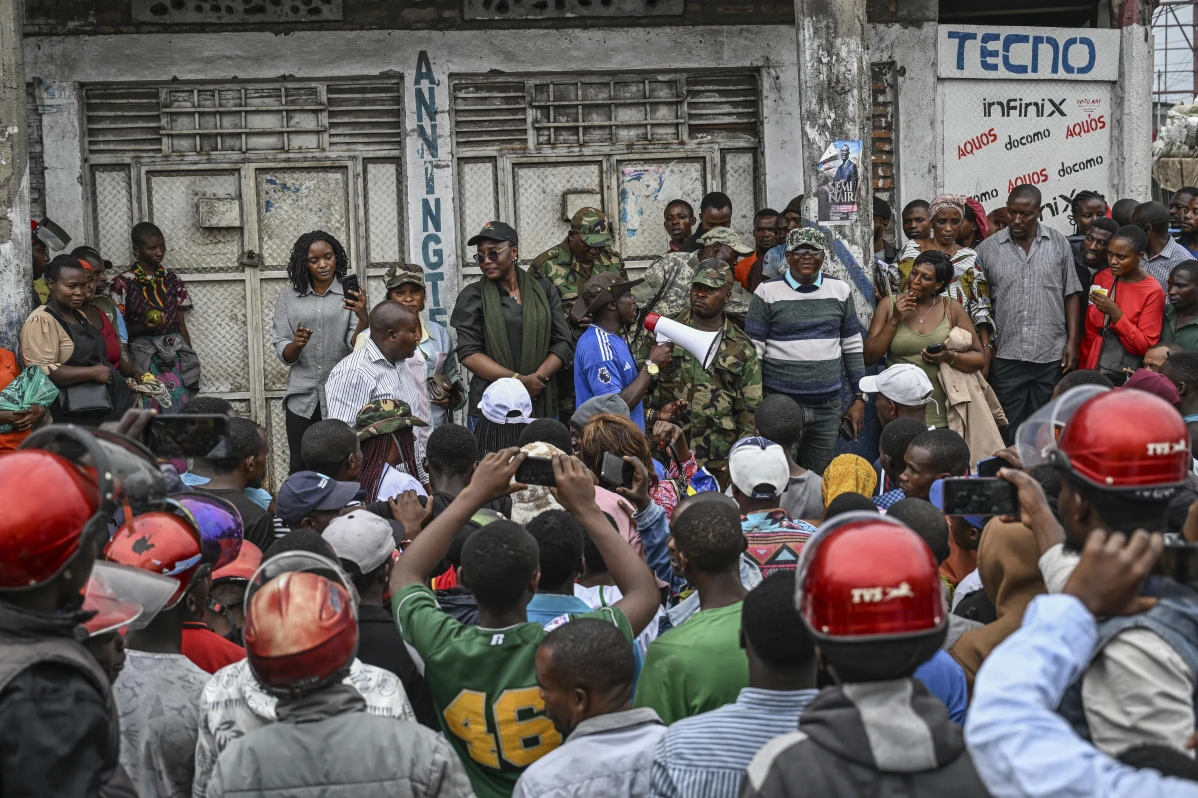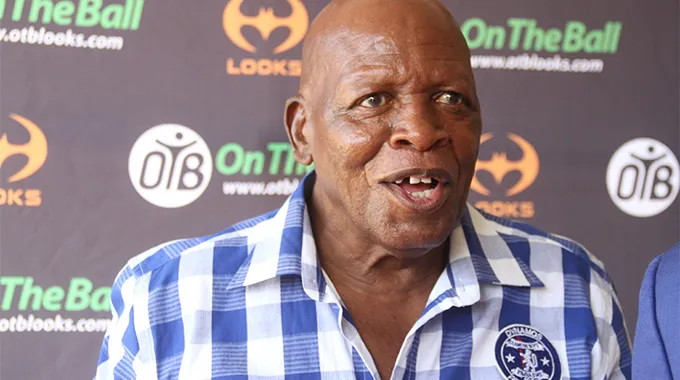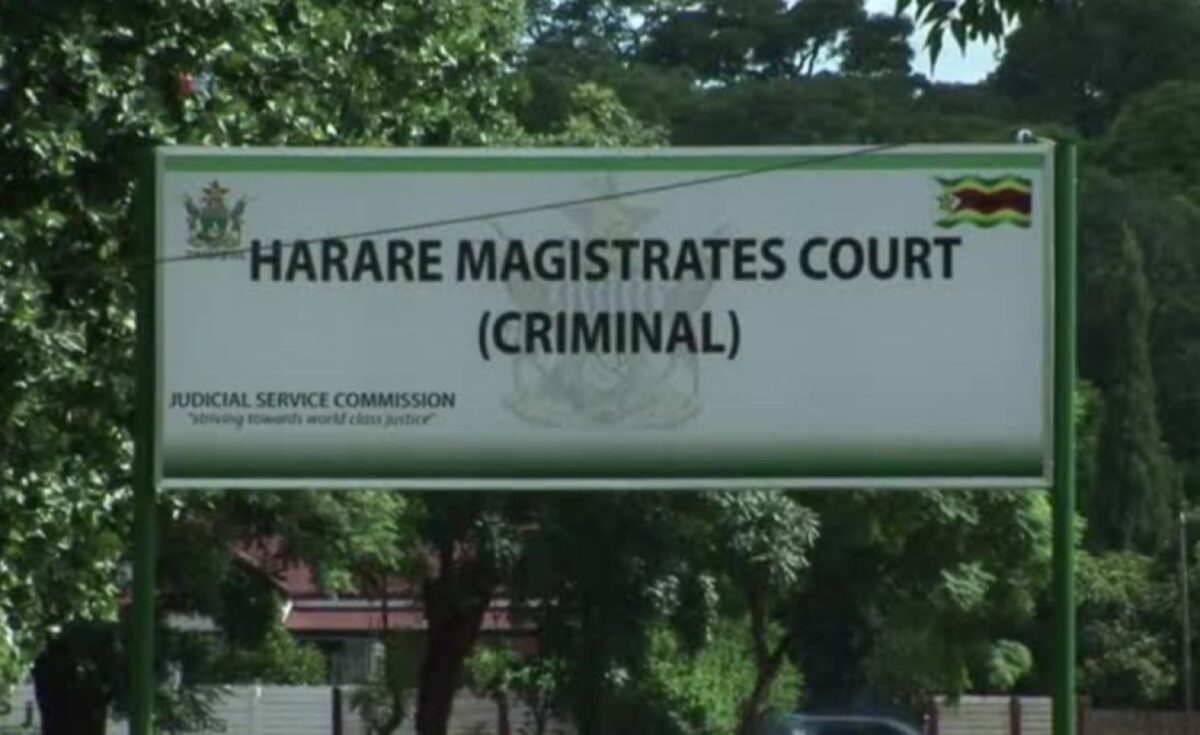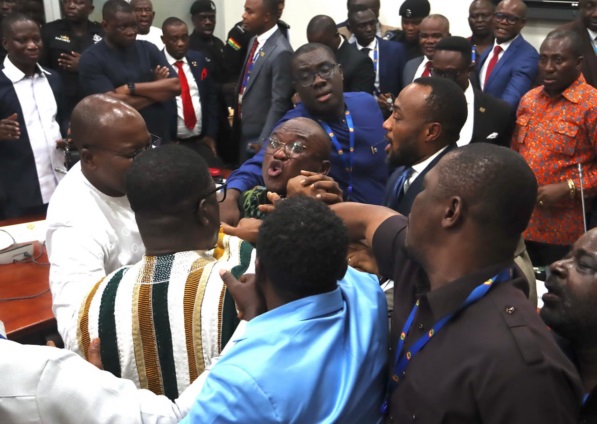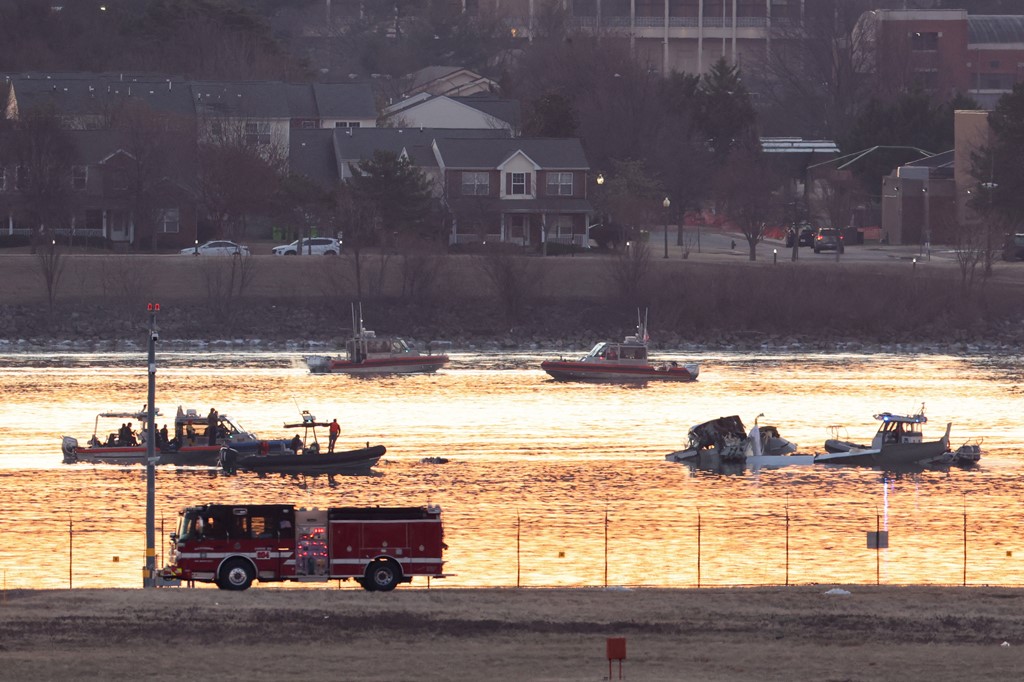HARARE – SADC leaders have proposed a joint summit with the East African Community (EAC) as they bid to end fighting in the Democratic Republic of Congo, where rebels have seized control of the major eastern city of Goma.
A communique of the SADC leaders’ extraordinary summit held in Harare on Friday repeated calls for a ceasefire.
“Summit called for an immediate joint summit of SADC and EAC to deliberate on the way forward regarding the security situation in the DRC…” the communique said.
The summit came as the Rwanda-backed rebels were quickly expanding their presence in eastern DRC after capturing Goma, the region’s major city, the United Nations said, also expressing concerns over executions it learned were carried out by the rebels following a major escalation of their yearslong rebellion.
DRC President Felix Tshisekedi skipped an EAC summit last week, but he was present for the SADC summit.
SADC leaders “condemned in the strongest terms” the attacks on the Southern African Development Community Mission in the DRC (SAMIDRC), which left at least 13 South African soldiers and three others from Malawi dead.
“Summit recalled its decision of May 2023 to deploy a peacekeeping mission to DRC in order to support the desire for peace and security and defend its territorial integrity. In this regard, summit noted that these objectives have not yet been realised,” the SADC leaders conceded.
Tshisekedi expelled a peacekeeping force from the EAC which included Rwandan troops, instead opting for military support from SADC. South Africa, Malawi and Tanzania sent troops, but they have been overwhelmed by the rebels as poorly-trained DRC soldiers either retreated or surrendered.
United Nations spokesman Stephane Dujarric on Friday said the World Health Organisation and its partners conducted an assessment with DRC government between January 26-30 “and report that 700 people have been killed and 2,800 injured” in Goma and the vicinity.
“These numbers are expected to rise as more information becomes available,” he said.
The rebels were now about 60 kilometers from South Kivu’s provincial capital of Buakavu and “seem to be moving quite fast,” UN peacekeeping chief Jean-Pierre Lacroix said at a press briefing on Friday.
M23 has captured several towns after seizing neighbouring Goma, a humanitarian hub critical for many of the six million people displaced by the conflict.
Goma’s capture has brought humanitarian operations to “a standstill, cutting off a vital lifeline for aid delivery across eastern (DRC),” said Rose Tchwenko, country director for Mercy Corps aid group in Congo. “The escalation of violence toward Bukavu raises fears of even greater displacement, while the breakdown of humanitarian access is leaving entire communities stranded without support.”
At the United Nations, France circulated a draft Security Council resolution to all 15 members on Friday urging a halt to the current offensive in eastern DRC, the withdrawal of “foreign elements,” and a resumption of talks to achieve a cessation of hostilities, France’s UN Ambassador Nicolas De Riviere said. He expressed hope it can be adopted soon.
The M23 group is the most potent of more than 100 armed groups vying for control in DRC’s mineral-rich east, which holds vast deposits critical to much of the world’s technology. They are backed by around 4,000 troops from neighboring Rwanda, according to UN experts, far more than in 2012 when they first captured Goma for days in a conflict driven by ethnic grievances.
Observers say that unlike the rebels’ first takeover in DRC, their withdrawal could be more difficult now.
The rebels have been emboldened by Rwanda, which feels the DRC is ignoring its interests in the region and failed to meet demands of previous peace agreements, according to Murithi Mutiga, programme director for Africa at the Crisis Group think tank.
“Ultimately, this is a failure of African mediation (because) the warning signs were always there,” said Mutiga.
UN human rights office spokesman Jeremy Laurence spoke at a briefing on Friday about the worsening human rights crisis in the aftermath of the rebellion, including bomb strikes on at least two internally displaced persons camps that killed an unspecified number of people.
“We have also documented summary executions of at least 12 people by M23″ from January 26-28, Laurence said, adding that the group has also occupied schools and hospitals in the province and are subjecting civilians to forced conscription and forced labour.
DRC forces have also been accused of sexual violence as fighting rages on in the region, Laurence said.
“We are verifying reports that 52 women were raped by Congolese troops in South Kivu, including alleged reports of gang rape,” he said.
(Additional reporting Associated Press”

